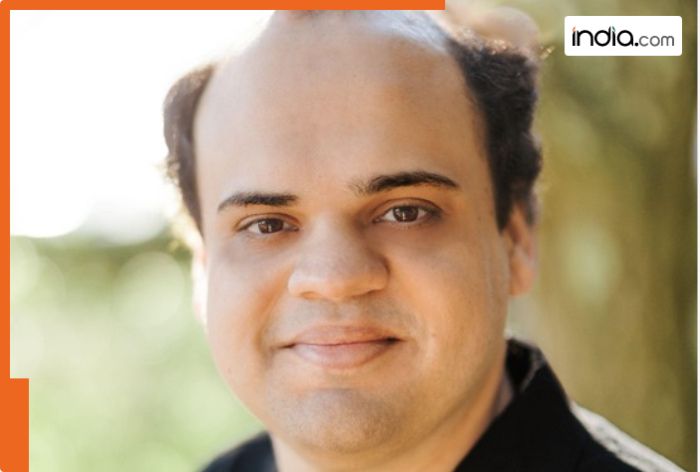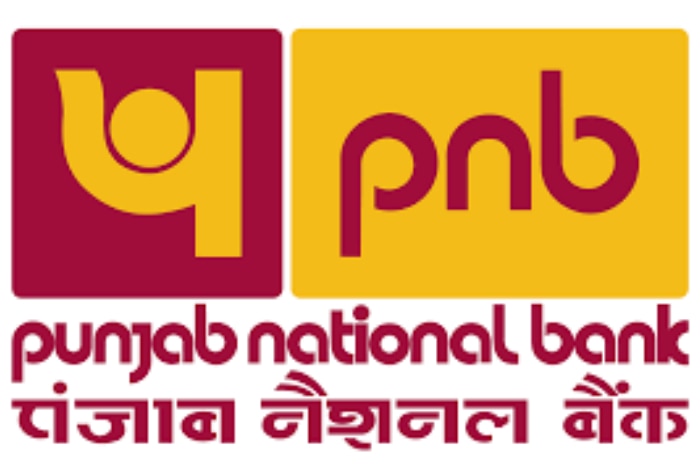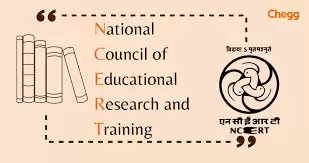Building Mobile Engineering Excellence: Archit Joshi’s Journey

Archit Joshi, a Senior Software Engineer with deep expertise in mobile development, has left a significant mark on some of the most prominent tech companies, including Amazon, Pinterest, and Layer. His career is a testament to the art of blending technical proficiency with innovative thinking, delivering impactful solutions that have enhanced user experiences and driven company growth. With a track record that spans complex projects in both Android and iOS development, Archit has established himself as a technical leader in the Silicon Valley engineering community.
Q1: What drives your passion for mobile engineering across both Android and iOS platforms?
A: Developing for both Android and iOS has been incredibly enriching as it allows for a comprehensive approach to mobile engineering. Each platform has its unique paradigms and strengths, and leveraging these distinctions has enabled me to build robust, user-centric applications. What excites me most is translating platform-specific methodologies into creative solutions that reach and benefit millions of users globally.
Q2: Can you share your experience leading the Key integration project at Amazon Ring?
A: Leading the integration of Amazon Key features into the Ring app was an intricate project that required strategic planning and precise execution. The goal was to create a seamless experience that integrated features like garage door control, water valve management, and package delivery tracking, all while adhering to the high security and reliability standards that Amazon and Ring customers expect. It was a rewarding challenge to maintain consistency and performance while rolling out new, complex functionalities.
Q3: How do you approach architecting and optimizing mobile applications for performance?
A: Architecting and optimizing mobile applications requires a strategic focus on user experience, performance, and maintainability. Performance optimization involves minimizing friction in user interactions, refining load times, and ensuring smooth navigation across platforms. At Coffee Meets Bagel, for instance, I employed a threading model using IntentServices to simplify concurrent code and enhance efficiency. My process includes analyzing layout hierarchies, reducing overdraw, and implementing targeted performance improvements. It’s essential to maintain a balance between rapid feature development and long-term performance, ensuring that each enhancement aligns with the broader business and user experience goals.
Q4: What lessons did you learn from building messaging frameworks at Layer?
A: My work at Layer provided invaluable lessons in scalability and efficiency. Developing the Android Experience Development Kit (XDK), which reached approximately 80 million users, emphasized the importance of creating powerful yet developer-friendly frameworks. Implementing Telemetry, which gathered 42 million data points daily from around 70 million devices, offered critical insights into real-world SDK performance and informed continuous improvements.
Q5: What’s your approach to mentoring and growing engineering teams?
A: Mentorship has been a core element of my career, starting from my early days at Zensar Technologies. I strive to foster an environment where engineers feel empowered to take initiative and ownership, while knowing they have support when needed. This includes thorough code reviews, collaborative architecture discussions, and providing team members with opportunities to lead projects and develop their skill sets.
Q6: Can you discuss your experience with monitoring and improving app stability?
A: App stability is critical for user retention and overall satisfaction. At Amazon, I managed crash triage for the Key Android app, successfully maintaining a crash rate below 0.1 percent per session. Achieving this required robust monitoring systems, clear incident response protocols, and preventive measures like rigorous testing and incremental rollouts.
Q7: How do you see mobile development evolving in the next few years?
A: The future of mobile development will be greatly influenced by advancements in AI, which will transform the way engineers write and maintain code. AI-powered tools are already helping developers streamline their workflows, and this trend will only accelerate. From intelligent code suggestions to automated bug detection, AI will enable engineers to write cleaner, more efficient code faster. For example, machine learning models will assist in identifying performance bottlenecks and optimizing code for different devices and user scenarios, which can be time-consuming when done manually.
Moreover, AI will play a pivotal role in automating routine tasks such as code refactoring, testing, and documentation. This will free engineers from repetitive, mundane work and allow them to focus on higher-level problem-solving and innovative feature development. AI-driven code assistants will evolve to provide real-time feedback, suggesting best practices and potential security improvements as code is being written, thereby reducing technical debt from the start and boosting code reliability.
AI will also enhance collaborative development by integrating with version control and project management tools, providing data-driven insights on team productivity and code quality. These advancements will make development more efficient and scalable, especially for cross-platform applications where code needs to be optimized for different environments. As AI continues to evolve, mobile software engineers will be able to leverage its capabilities to write smarter, more adaptive code that can respond to the rapidly changing landscape of mobile technology.
About Archit Joshi
Archit Joshi is an accomplished Senior Software Engineer with a distinguished career in mobile development, spanning over a decade. His contributions have influenced major tech companies such as Amazon, Pinterest, and Layer, showcasing his expertise in both Android and iOS platforms. Archit holds a Master’s degree in Information Management from Syracuse University and a Bachelor’s degree in Information Science & Engineering from VTU. He has consistently delivered scalable, high-performance solutions that have impacted millions of users, illustrating his adaptability and mastery of mobile engineering.
First Published: 25October, 2022





